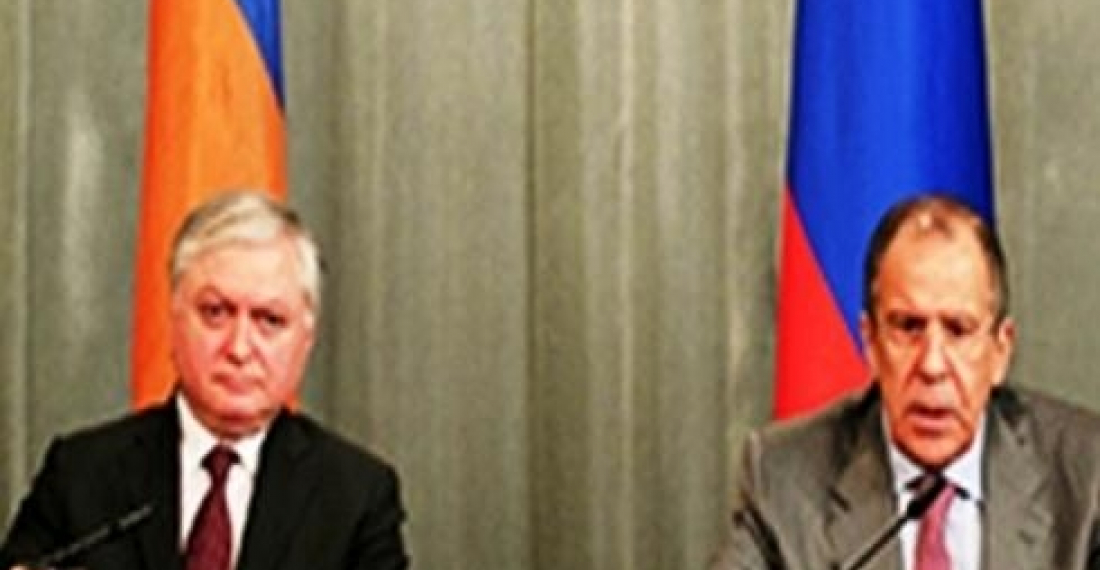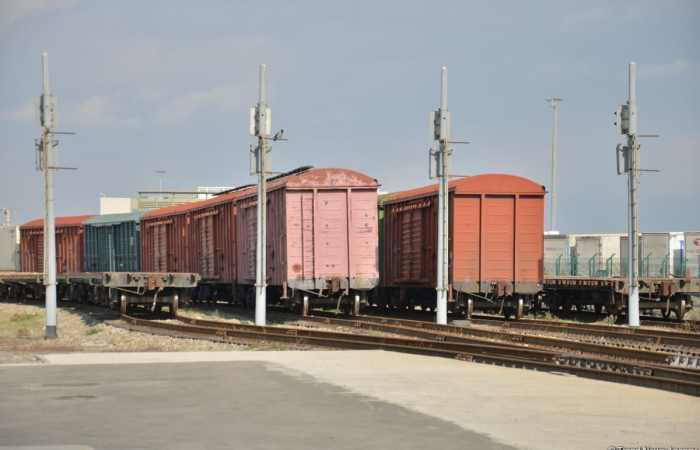Глава МИД Азербайджана, Эльмар Мамедъяров, заявил журналистам, что разделяет точку зрения Сергея Лаврова [Глава МИД России] по поводу отсутствия прогресса в переговорах по урегулированию нагорно-карабахского конфликта. Мамедъяров заявил, что "В настоящее время мы находимся в стагнации."
"Министры встречаются, но нет логического завершения этих переговоров.Есть много вопросов, которые должны быть обсуждены между сторонами конфликта, в том числе возвращение вынужденных переселенцев, вопрос определения статуса и многое другое, сказал Мамедъяров. Мы готовы к работе над большим мирным соглашением", - цитирует агентство Trend News Мамедъярова.
Ранее сообщалось, что министр иностранных дел России Сергей Лавров заявил журналистам после встречи со своим армянским коллегой Эдвардом Налбандяном в Москве, что пока нет никакого прогресса в переговорах. Москва не видит движения в процессе карабахского урегулирования, однако, было бы неправильно говорить, что переговоры зашли в тупик, добавил Лавров. "Новая встреча министров иностранных дел подготовлена. Встреча состоится в Кракове в мае этого года," Глава МИД РФ заявил, что не исключает встречи президентов, сообщает РИА Новости. В свою очередь, министр иностранных дел Армении Эдвард Налбандян заявил, что процесс стоит на месте из-за неконструктивной позиции одной из сторон, которые отвергает предложения посредников.
Источник : Сommonspace.eu по материалам агентств.
Фото: Министры иностранных дел Лавров и Налбандян после их встречи в Москве 25 апреля. (Фото любезно предоставлено МИД России)
Глава МИД Азербайджана накануне встречи с министром иностранных дел Армении в Кракове заявляет, что переговоры по Карабаху находятся в состоянии стагнации.
Глава МИД Азербайджана накануне встречи с министром иностранных дел Армении в Кракове заявляет, что переговоры по Карабаху находятся в состоянии стагнации.






